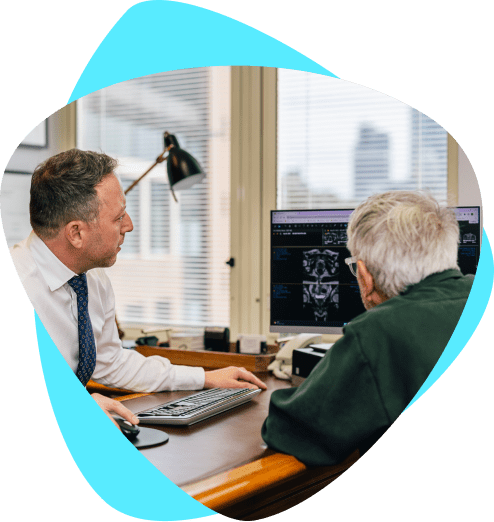
The bladder is a hollow organ located in the lower abdomen that stores urine produced by the kidneys until it is eliminated from the body through the urethra.
The bladder is lined with a muscular wall that contracts to expel urine during urination. Various conditions can affect the bladder and disrupt its normal functioning.
It is important to note that the information provided is a general overview, and specific cases may vary. If you have concerns about your bladder health or experience any symptoms, it is recommended to consult a healthcare professional for a proper diagnosis and appropriate treatment options.

Dr Savdie is a highly-experienced Sydney-based urologist and uro-oncology surgeon specialising in minimally-invasive robotic surgery and laparoscopic surgery.
He consults and operates at multiple leading private and public hospitals around the Eastern Suburbs.
If you have a question about a condition or treatment option, or would like to book an appointment, please contact us and one of our friendly staff members will happily assist you.